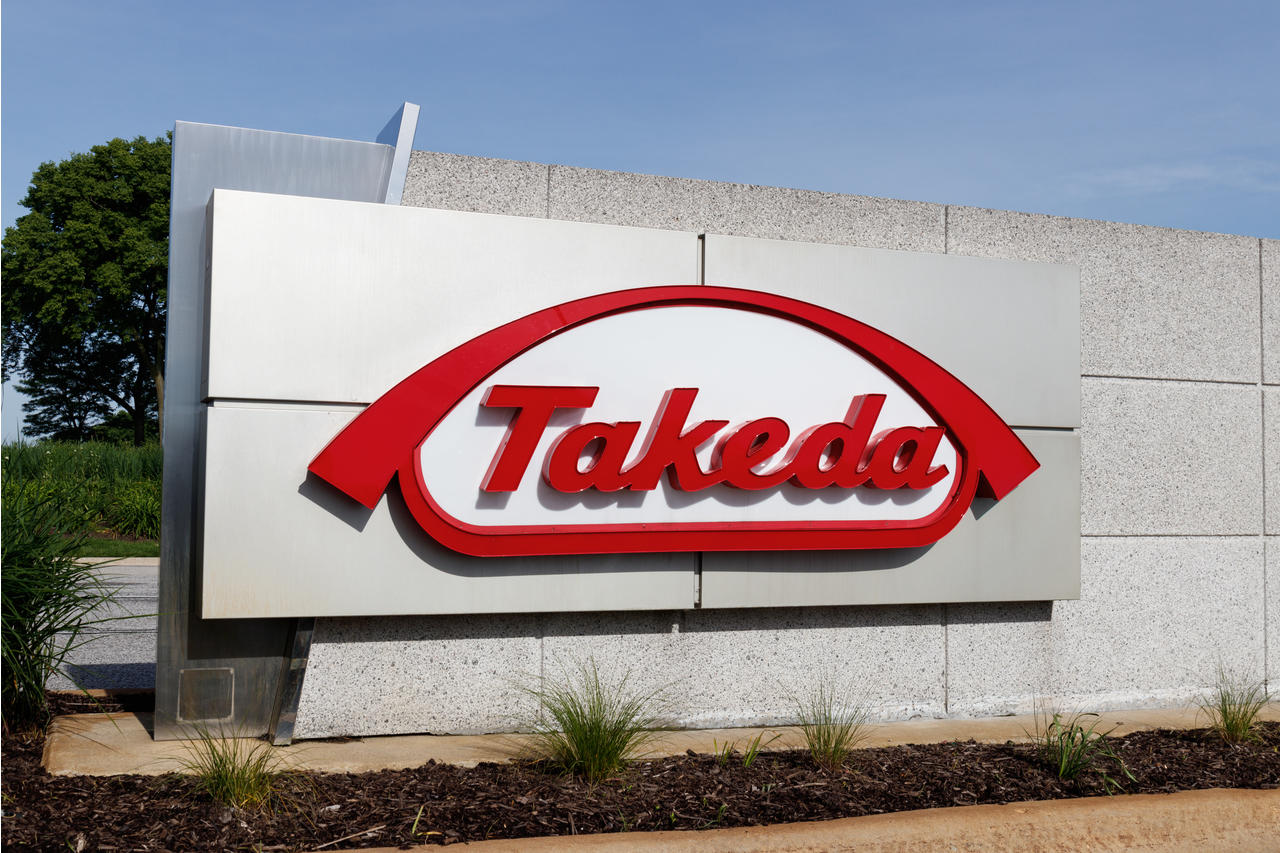The U.S. Food and Drug Administration (FDA) announced the approval of Livtencity (maribavir) for patients ages 12 and above with post-transplant cytomegalovirus (CMV) infection.
The drug, developed by Takeda Pharmaceutical, has also been approved for those who are resistant to several other antiviral drugs, such as ganciclovir, valganciclovir, cidofovir, and foscarnet.
CMV is a common herpes virus. Many people do not know they have it because they may have no symptoms, according to Medical News Today. But the virus, which remains dormant in the body, can cause complications during pregnancy and for people with a weakened immune system.
Out of about 200,000 adult transplants each year around the world, CMV is one of the most common viral infections in transplant recipients, according to BioSpace. The rate of occurrence is 15% to 56% in solid organ transplant recipients and 30% to 70% in hematopoietic stem cell transplant recipients. And in these patients, CMV infection can be serious, often fatal, causing loss of the transplanted organ.
Ramona Sequeira, President of Takeda’s U.S. Business Unit, said, “Today’s announcement redefines the management of post-transplant CMV with the approval of the first and only treatment for transplant patients with CMV that is refractory with or without resistance, a significantly underserved and vulnerable patient community.”
“People undergoing transplants have a lengthy and complex healthcare journey; with the approval of this treatment, we’re proud to offer these individuals a new oral antiviral to fight CMV infection and disease,” she added. “We are grateful for the contributions of the patients and clinicians who participated in our clinical trials, as well as the dedication of our scientists and researchers.”
The Japanese pharmaceutical company is also evaluating Livtencity as the first-line treatment of CMV in hematopoietic stem cell transplant (HSCT) recipients.
Some of the most common side effects of the drug were changes in taste, nausea, diarrhea, vomiting, and fatigue.
Dr. Roy Chemaly of the University of Texas MD Anderson Cancer Center said, “The FDA approval of Livtencity marks a major step forward in the treatment of post-transplant CMV, bringing a new therapeutic option to those living with this potential life-threatening opportunistic infection.”
“In clinical studies, we observed Livtencity was statistically superior to conventional antiviral therapies in achieving the primary endpoint at Week 8,” he added.





















